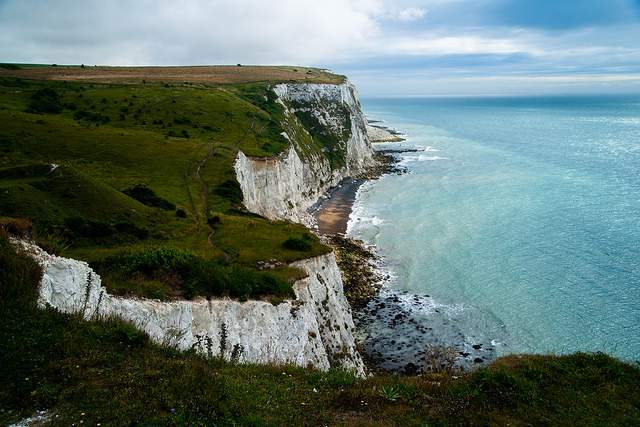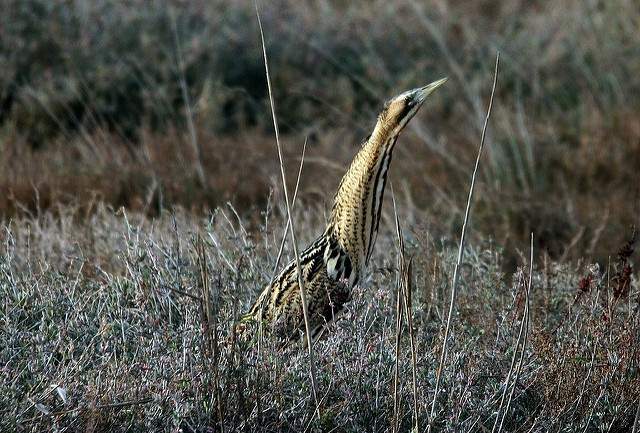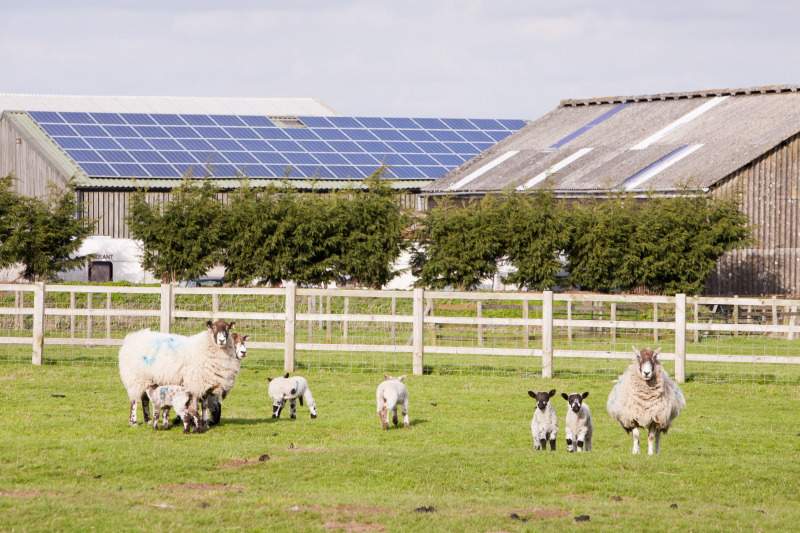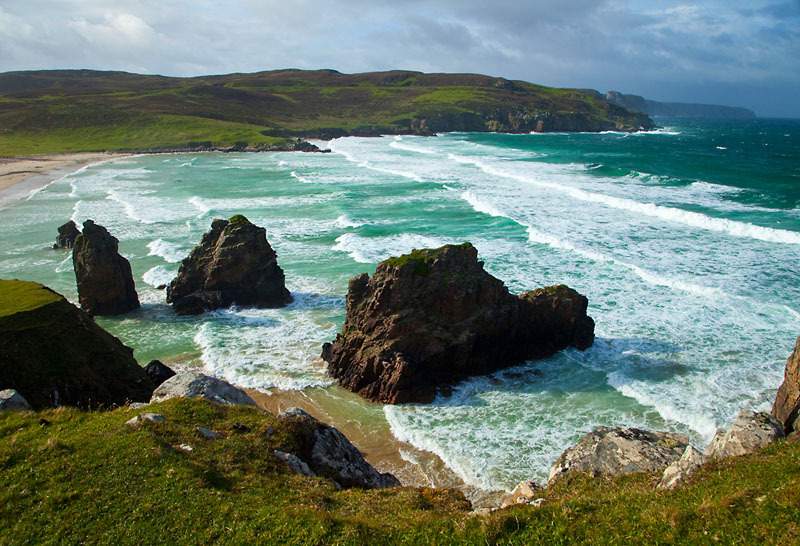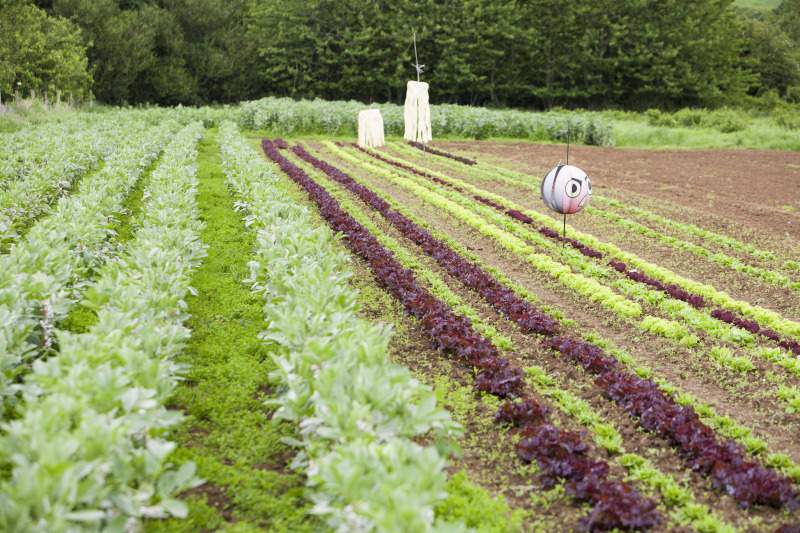On the 23 June, you have a choice to make - to stay or to leave the EU. WWF-UK is not aligned to or supporting either the Remain or the Leave campaign. There are many issues that voters need to consider and it is not our job to tell you which way to vote. However, we are urging people to think about the environment when they vote.
Your vote will have consequences for the air we breathe, the beaches we visit, the wildlife we cherish, the countryside we love, and the global battle to tackle climate change. These natural resources provide food, fuel and other raw materials that enable us to enjoy the lifestyles we love.
The environment is integral to this debate and the evidence shows that on balance, Britain’s membership of the EU has delivered benefits for our environment - such as reduced air and water pollution, reduced carbon emissions, increased recycling, clean beaches and protecting areas for rare species and habitats - that would be hard to replicate in the event of the UK leaving.
So, before you make up your mind in this referendum, please think about key environmental issues:
EU legislation on species and habitats sets standards for nature protection; but there is more to do to implement these laws fully.
In just over a decade the bittern, a rare bird which lives in reed beds, has been brought back from the brink of extinction in the UK. This was done through reed bed restoration projects driven by the EU Birds and Habitats Directives.
But if we vote to leave the EU, this piece of legislation will no longer apply, and EU funding would cease for many conservation projects. Even if the UK puts similar legislation into place in the future, there is likely to be many years of uncertainty ahead which threatens the progress we’ve made in protecting our precious wildlife.
In the UK and EU, greenhouse gas emissions have declined, and renewable energy increased through actions taken by the UK, EU and globally.
The UK Climate Change Act is world leading climate legislation. But climate change doesn’t recognise national boundaries; it needs to be tackled as part of a global effort.
During the 2015 Paris talks on climate change, the UK was more influential by being part of a European bloc which helped deliver an ambitious global agreement to limit emissions and support vulnerable nations to adapt to climate impacts. If the UK leaves the EU, it is unclear how the UK can continue to have a strong voice in the ongoing climate negotiations.
Our air, oceans, freshwater and soil quality has improved over recent decades thanks to EU regulation.
For example, the EU Bathing Water Directive has helped improve the cleanliness of our beaches. Before its implementation untreated sewage put the health of swimmers and beach lovers at risk, both in the UK and in other European holiday destinations. Currently 95% of UK bathing waters meet the new minimum standards, compared to less than one third in 1990 before the implementation of the Directive.
If the UK leaves the EU, this Directive would need to be brought into UK law and would be at risk of being dropped entirely.
Agriculture and commercial fishing have a huge impact on our countryside and seas.
The package of financial subsidies for farming, driven by the EU Common Agricultural Policy (CAP), was designed to boost food production across Europe. This has resulted in increased damage to our natural environment across the EU.
The removal of hedgerows, draining of wetlands and ploughing of hay meadows has robbed many species of farmland birds of their homes and food. The Skylark has dramatically reduced in number in the UK and across Europe; its population in the UK halved during the 1990's and continues to decline.
Although the CAP has been reformed in recent years the earlier impacts remain. If the UK leaves the EU, this policy would no longer apply. Although this might initially seem good for wildlife, with British farmers having to compete with heavily-subsidised European counterparts there could well be further agricultural intensification.
Regulations play an important role in setting the parameters under which we use and exploit our natural resources, including water and timber.
The 2013 European Timber Regulation seeks to stop illegally logged timber from entering the European market, requiring businesses to address their impact on forests across the globe. However, due to loopholes in the current Regulation less than half of the timber products coming into Europe are covered by the regulation. We are campaigning to close the loopholes in this legislation.
As in either case the UK will continue to trade with the EU we will need to adhere to the Regulation. However outside the EU, the UK will have no direct influence on improving the Regulation to bring it in line with current best practice of many leading UK companies, such as M&S.
Whatever the UK’s future relationship with the EU, it is vital that it does not come at the expense of the environment and the economic and social wellbeing it provides.
So Think Environment when you vote on 23 June.
European Union flags © Tristam Sparks / Flickr.com

